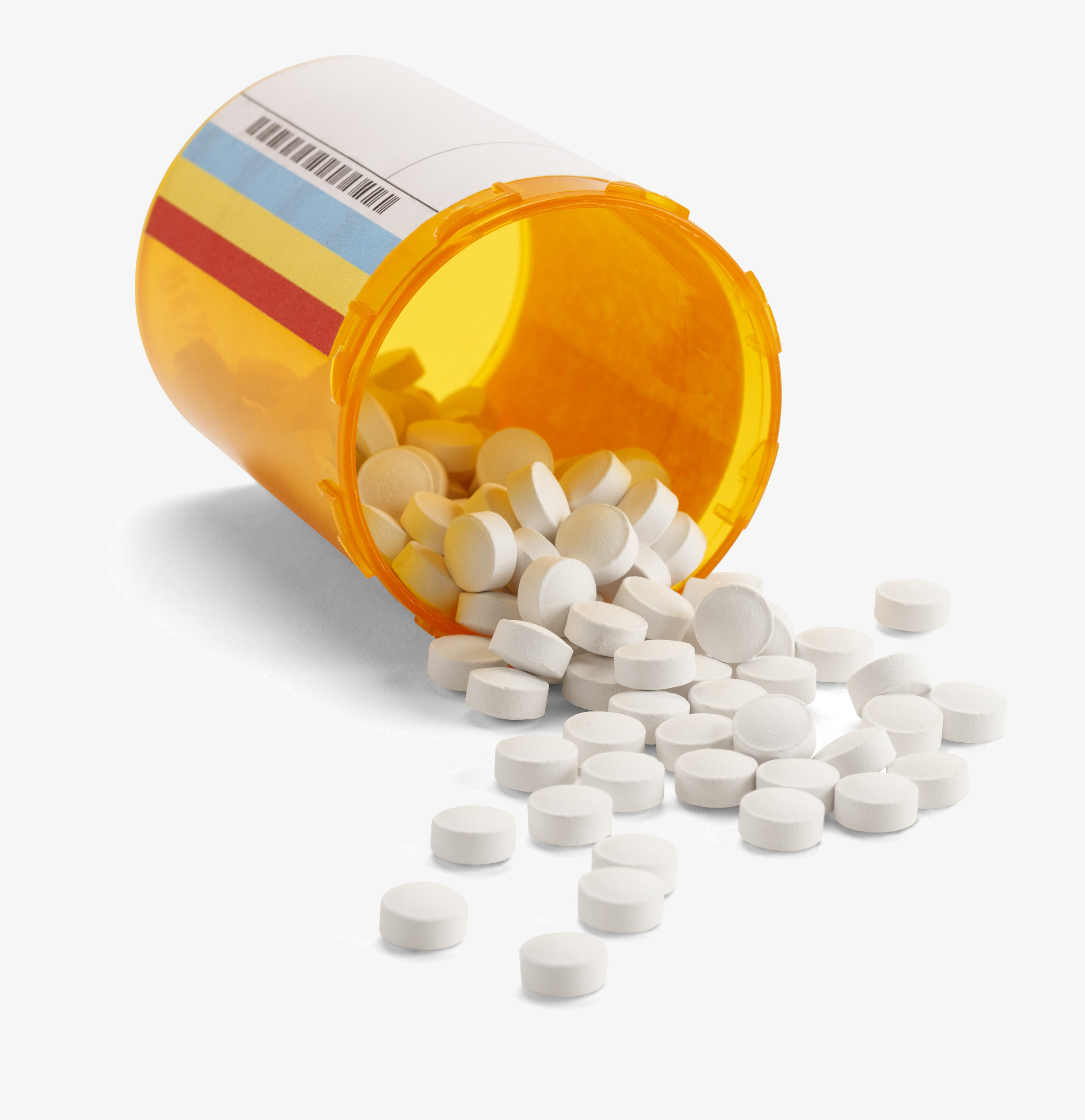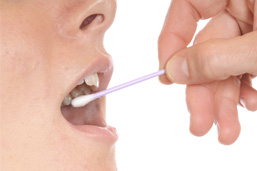Warfarin Sensitivity DNA Test
What is your safe and effective Warfarin dose?
- Warfarin is a very effective drug to prevent abnormal blood clotting
- Too much warfarin can lead to abnormal bleeding and not enough will fail to prevent abnormal blood clotting
- Genetic variations affect the amount of warfarin that is required for a safe and effective dose
- Simple mouth swab DNA test with results in 1 – 2 weeks

What is the Warfarin Dose Genotyping Analysis?

The genes most commonly associated with the amount of warfarin required to obtain the required safe and effective blood anticoagulation level include CYP2C9, VKORC1, CYP4F2 and GGCX. The Warfarin Dose Genotyping Analysis DNA test panel includes the analysis of mutations in all four genes:
- CYP2C9
- VKORC1
- CYP4F2
- GGCX
The results of this analysis can significantly reduce the time taken to achieve a safe and stable level of blood anticoagulation, and may reduce the risks of potentially life-threatening problems.
Step-by-Step
The kit can be ordered online, by fax or mail, or by phone. Once you place the order, the testing kit will be shipped directly to you. The kit contains swabs called “buccal swabs”. DNA is collected quickly and easily by rubbing the swabs inside your mouth against the cheek for 30 seconds. Once the DNA is collected, the swabs are placed into the specimen container provided in the kit and returned to the laboratory for testing using the return package included in the testing kit. Once your samples arrive at the laboratory, testing begins immediately and results are available in 1 to 2 weeks.
Warfarin Side Effects
Warfarin Side Effects
Warfarin, especially if taken incorrectly, increases your risk of dangerous bleeding. Warfarin side effects can also include interactions with some foods, prescription medicines and over-the-counter supplements. Side effects can include:
Serious Warfarin Side Effects
Warfarin activity and the resulting blood anticoagulation level is monitored is by blood testing of the patient to determine the international normalized ratio (INR). If the INR is too high, there is an increased risk of abnormal bleeding (hemorrhage). If the INR is too low, it indicates that it is insufficient to protect against blood clots (thrombosis). Serious warfarin side effects include:
- Severe bleeding, including heavier than normal menstrual bleeding
- Red or brown urine
- Black or bloody stool
- Severe headache or stomach pain
- Joint pain, discomfort or swelling, especially after an injury
- Vomiting of blood or material that looks like coffee grounds
- Bruising that develops without an injury you remember
- Dizziness or weakness
Frequently Asked Questions
Get Started
Warfarin Learning Center
How do genetics contribute to variations in Warfarin response?
Genetic testing can help to determine an individual’s sensitivity to warfarin and help to decrease the amount of time necessary to achieve a stable INR. The following genes contain important information regarding an individual’s warfarin [...]
What factors affect Warfarin dosage?
International Normalized Ratio (INR) is a blood test used to determine the correct dose of warfarin, and monitor its anticoagulant effects. The higher the INR, the longer time it will take to clot, leading to [...]
What are the effects associated with incorrect Warfarin dosage?
Warfarin is an effective medication commonly used for preventing blood clots, but the correct dosage to administer can vary among different individuals. Determining the correct warfarin dose is important for safety and effectiveness, as excess [...]



